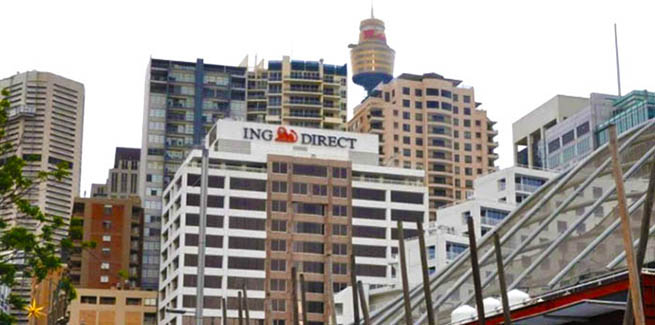Effective for residential loan applications received from 18 March 2019, ING Australia will no longer accept residential property as security for business purposes.
However, ING has noted that loan applications received prior to 18 March 2019 will be accessed under the current guidelines.
The bank’s decision comes amid concern over the availability of credit for the small business community.
According to a recent survey of 1,750 business owners nationwide, commissioned by SME lender Judo Capital and conducted by East & Partners, the gap in SME funding, which has emerged from an inability to access finance that they would otherwise utilise, has surpassed $83 billion.
The Judo research found that the average SME applied for $800,000 in new borrowings in the last year, with those that successfully obtained finance securing $600,000 in new credit, while the average unsuccessful credit application was $1.1 million.
According to respondents, the main reason SMEs were prevented from accessing credit in the last year was as a result of collateral requirements (34 per cent), slow turnaround times (16 per cent), inappropriate terms/structure (11 per cent), interest rate (8 per cent), and an unsatisfactory credit rating (4 per cent).
Concerns over access to credit for small business has prompted the federal government to consult on the launch of a $2 billion Australian Business Securitisation Fund.
In the final report of the banking royal commission, commissioner Kenneth Hayne also called for the broadening of the definition of a small business to any business or group employing fewer than 100 full-time equivalent employees, where the loan applied for is less than $5 million.
ING’s decision to end the use of residential property as security for SME finance also comes amid a continued decline in residential dwelling values across the country.
Property research group CoreLogic’s latest Hedonic Home Value Index has reported that national dwelling values fell by 6.3 per cent in the 12 months to February 2019, largely spurred by a 7.6 per cent decline across Australia’s capital cities, particularly in Sydney and Melbourne where home prices declined by 10.4 per cent and 9.1 per cent, respectively.
ING recently announced its financial results for the 2018 calendar year, in which its business lending portfolio grew by 11 per cent, rising to $4.5 billion.
The bank reported total lending growth of 11 per cent, expanding its portfolio by $5.5 billion, from $52.5 billion to $58 billion.
Over the same period, ING added more than 400,000 new-to-bank customers, 500,000 new Orange Everyday payment accounts, and a 57 per cent increase in primary bank customers, which now totals 645,000.
Savings accounts under ING’s management also grew, rising by 9 per cent to $43.4 billion.
As a result of its performance over the 2018 calendar year, ING’s net profit after tax rose by 15 per cent, from $348 million to $401 million.
[Related: ING profits bolstered by 11% loan growth]

